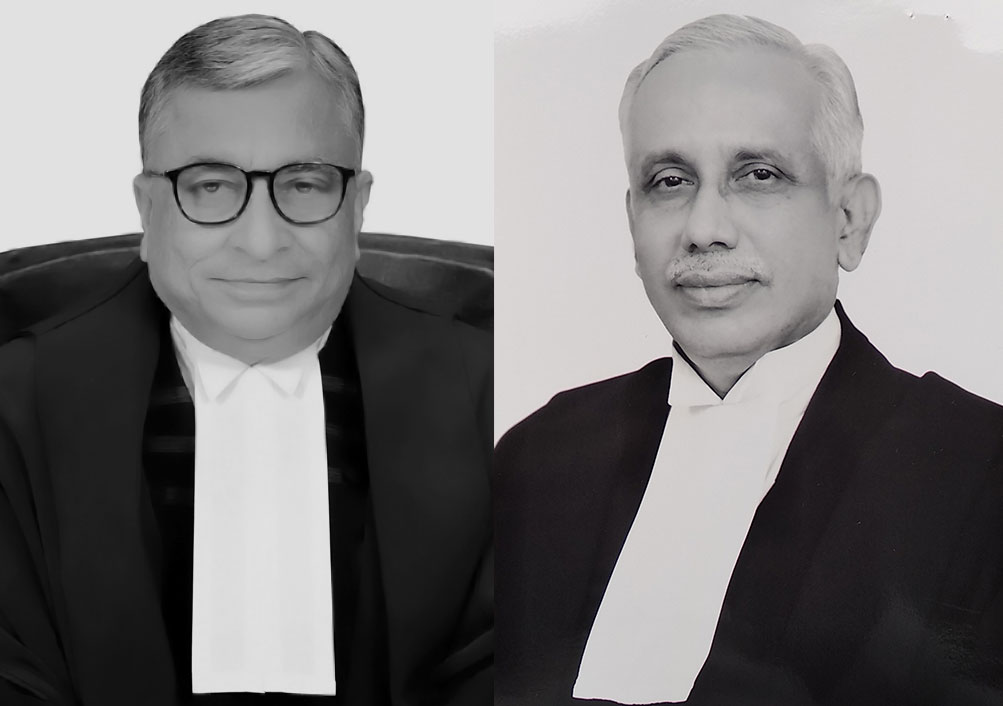Suppression of material facts amounts to abuse of process of law and disentitles appellant for extraordinary, equitable & discretionary relief by Writ Courts: SC

Read Judgment: Shri K. Jayaram & Others vs. Bangalore Development Authority & Others
Pankaj Bajpai
New Delhi, December 10, 2021: The Supreme Court has opined that it is well-settled that the jurisdiction exercised by the High Court under Article 226 of the Constitution of India is extraordinary, equitable and discretionary and it is imperative that the petitioner approaching the writ court must come with clean hands and put forward all facts before the Court without concealing or suppressing anything.
A Division Bench of Justice S.Abdul Nazeer and Justice Krishna Murari therefore observed that a litigant is bound to state all facts which are relevant to the litigation, and if he withholds some vital or relevant material in order to gain advantage over the other side then he would be guilty of playing fraud with the court as well as with the opposite parties which cannot be countenanced.
After considering the arguments and evidences, the Apex Court found that the documents produced by Bangalore Development Authority (BDA – first Respondent) clearly disclosed that the entire extent of 5 acres 9 guntas of land including 12 guntas of kharab-B land was notified for acquisition.
At the same time, M. Krishna Reddy, the father of K. Jayaram (Appellant), claimed to be the owner of 1 acre 26 guntas of lands in the said survey number and it was further contended that 1 acre and 18 guntas have been acquired and 8 guntas was left out from the acquisition, added the Court.
“It was further contended that BDA had formed the sites in the said 8 guntas of land left out from acquisition and allotted them to 5th & 6th Respondent. Admittedly, the appellants had filed O.S. No.3936/1999 before the Additional City Civil Court against the BDA seeking permanent injunction while pleading identical facts and urging similar grounds. The said suit was dismissed by the trial court. The appeal filed against the said judgment of the trial court was also dismissed by the High Court”, observed the Division Bench.
Speaking for the Bench, Justice Nazeer found that the appellants have not disclosed the filing of the suit, its dismissal by the Civil Court and the confirmation of the said judgment by the High Court in the writ petition.
It is clear that the appellants have suppressed these material facts which are relevant for deciding the question involved in the writ petitions, added the Bench.
Justice Nazeer noted that the parties have to disclose the details of all legal proceedings and litigations either past or present concerning any part of the subject-matter of dispute which is within their knowledge, in order to check multiplicity of proceedings pertaining to the same subject-matter and more importantly to stop the menace of soliciting inconsistent orders through different judicial forums by suppressing material facts either by remaining silent or by making misleading statements in the pleadings in order to escape the liability of making a false statement.
The Apex Court observed that since the appellants have not disclosed the filing of the suit and its dismissal and also the dismissal of the appeal against the judgment of the civil court, the appellants have to be non-suited on the ground of suppression of material facts.
They have not come to the court with clean hands and they have also abused the process of law, therefore, they are not entitled for the extraordinary, equitable and discretionary relief, added the Court.
Sign up for our weekly newsletter to stay up to date on our product, events featured blog, special offer and all of the exciting things that take place here at Legitquest.




Add a Comment